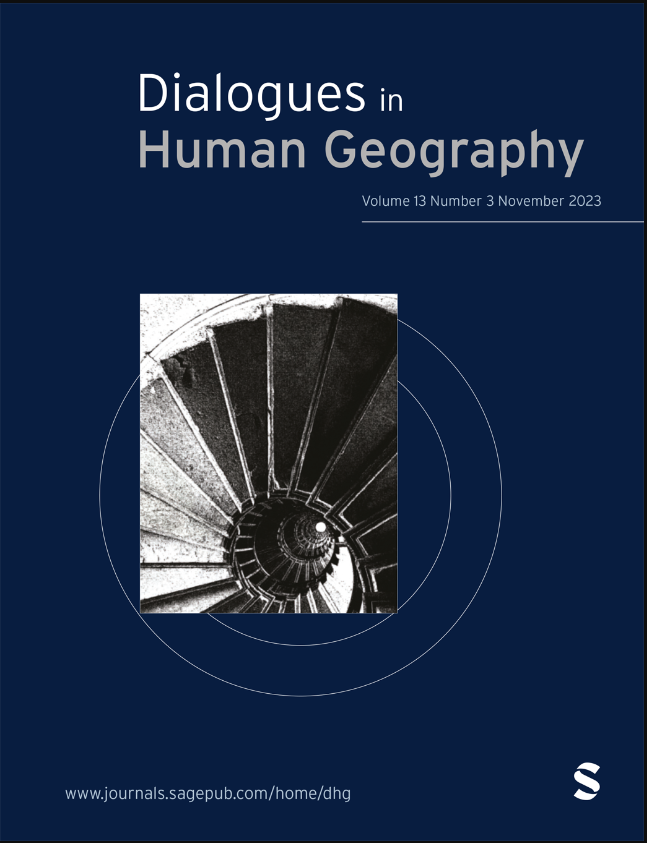Social reproduction, women’s labour and systems of life: A conversation
IF 8.2
1区 社会学
Q1 GEOGRAPHY
引用次数: 0
Abstract
This conversation brings together feminist scholars from various backgrounds and epistemological traditions around a central topic in feminist debates that is today more relevant than ever, social reproduction. It begins by examining social reproduction as a concept and its entanglements with the dynamics of global capitalism from human geography and feminist international political economy perspectives. We ask, what does the lens of social reproduction bring to light? We discuss how social reproduction is a fundamentally political concept that bridges classic labour struggles with demands around housing, service provision and the reproduction of life in general. As a concept, it makes visible the systems of life that support the labour process, both daily and intergenerationally, in sites of production along global supply chains, from the garment industry, to mining and agriculture. Nevertheless, there is a need to consider how gendered dichotomies of productive and reproductive that underpin its modern origin may or may not undermine this concept and to rethink how, ultimately, we organise around social reproductive struggles. The conversation took place in June 2022 and has been edited for clarity.社会再生产、妇女劳动和生活制度:对话
这次对话将来自不同背景和认识论传统的女权主义学者聚集在一起,围绕着女权主义辩论的一个中心话题,即社会再生产,这个话题在今天比以往任何时候都更加相关。它首先从人文地理学和女权主义国际政治经济学的角度审视社会再生产作为一个概念及其与全球资本主义动态的纠缠。我们问,社会再生产的镜头带来了什么?我们讨论了社会再生产是一个基本的政治概念,它将典型的劳动斗争与住房、服务提供和一般生活再生产的需求联系起来。作为一个概念,它使支持劳动过程的生活系统可见,无论是日常的还是代际的,在全球供应链的生产地点,从服装业到采矿业和农业。然而,有必要考虑支撑其现代起源的生产和生殖的性别二分法可能会或可能不会破坏这一概念,并重新思考我们最终如何围绕社会生殖斗争组织起来。这段对话发生在2022年6月,为了清晰起见,已经进行了编辑。
本文章由计算机程序翻译,如有差异,请以英文原文为准。
求助全文
约1分钟内获得全文
求助全文
来源期刊

Dialogues in Human Geography
GEOGRAPHY-
CiteScore
8.00
自引率
4.00%
发文量
86
期刊介绍:
Dialogues in Human Geography aims to foster open and critical debate on the philosophical, methodological, and pedagogical underpinnings of geographic thought and practice. The journal publishes articles, accompanied by responses, that critique current thinking and practice while charting future directions for geographic thought, empirical research, and pedagogy. Dialogues is theoretically oriented, forward-looking, and seeks to publish original and innovative work that expands the boundaries of geographical theory, practice, and pedagogy through a unique format of open peer commentary. This format encourages engaged dialogue. The journal's scope encompasses the broader agenda of human geography within the context of social sciences, humanities, and environmental sciences, as well as specific ideas, debates, and practices within disciplinary subfields. It is relevant and useful to those interested in all aspects of the discipline.
 求助内容:
求助内容: 应助结果提醒方式:
应助结果提醒方式:


